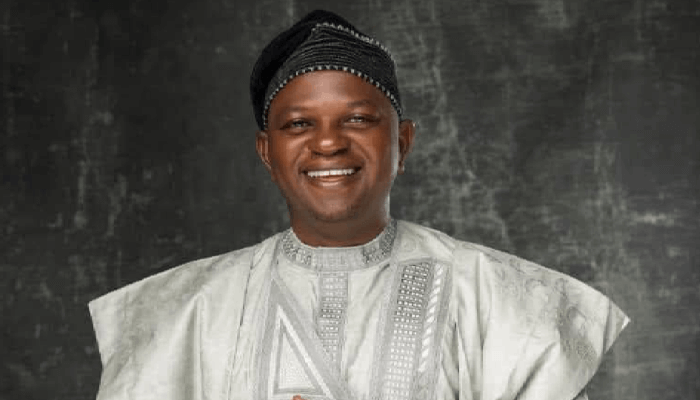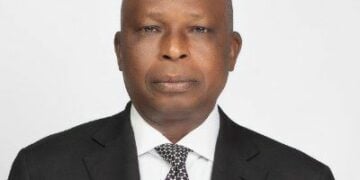Nigeria’s minister of water resources, Joseph Utsev, has committed to addressing the water supply challenges that are hindering the growth of the nation’s sugar estates.
In a high-level meeting yesterday in Abuja with NSDC’s executive secretary and CEO, Kamar Bakrin, and other key council members,
Utsev reaffirmed the ministry’s full commitment to supporting the sugar industry. “Sugarcane production relies heavily on water, and we are dedicated to working with organisations and private partners to ensure the success of this national priority,” he stated.
During the meeting, Bakrin underscored the critical need for reliable irrigation to sustain sugarcane production. He explained that sugarcane requires between 1,500mm and 2,500mm of water throughout its 12-18 month growing cycle. According to him, inconsistent water supply not only diminishes crop yield but also reduces sugar content, hampering productivity.
He, therefore, called for modern irrigation solutions that would provide sustainable water sources and enhance sucrose levels, ultimately improving the profitability of sugar production.
The NSDC boss also sought the ministry’s approval for a vital infrastructure project: a 20-kilometre canal system to channel water from the Hadejia River to Gagarawa in Jigawa State. This canal would supply water to Great Northern Nigeria Agri-business Limited (GNAL), which is developing a 5,000 tonnes crushed per day (TCD) sugarcane project in Hadejia.
The project, once completed, has the potential to create over 5,000 direct and indirect jobs, helping to rejuvenate the local economy.
Providing further insights into GNAL’s progress, Bakrin shared that the company has already acquired over 12,000 hectares of land in Gagarawa and has made significant headway in land clearing and project design. While GNAL was granted a Water Use License in 2018, allowing it to annually abstract 249 million cubic meters of water for irrigation, the final approval for the irrigation system design is still pending.
In addition, Bakrin requested the ministry to enforce a March 2023 presidential directive that exempts businesses under the Nigeria Sugar Masterplan (NSMP) II from paying annual water usage and right-of-way fees.
Despite this directive, Bakrin pointed out that Dangote Sugar Refinery (DSR) continues to face escalating water charges from Kiri Dam and is still awaiting approval for the construction of canals to improve water flow to its estates.
He also called for urgent support to dredge the Kiri Dam and surrounding canals, stressing that DSR, which employs more than 15,000 people, relies on a consistent and reliable water supply to expand its sugarcane cultivation.










